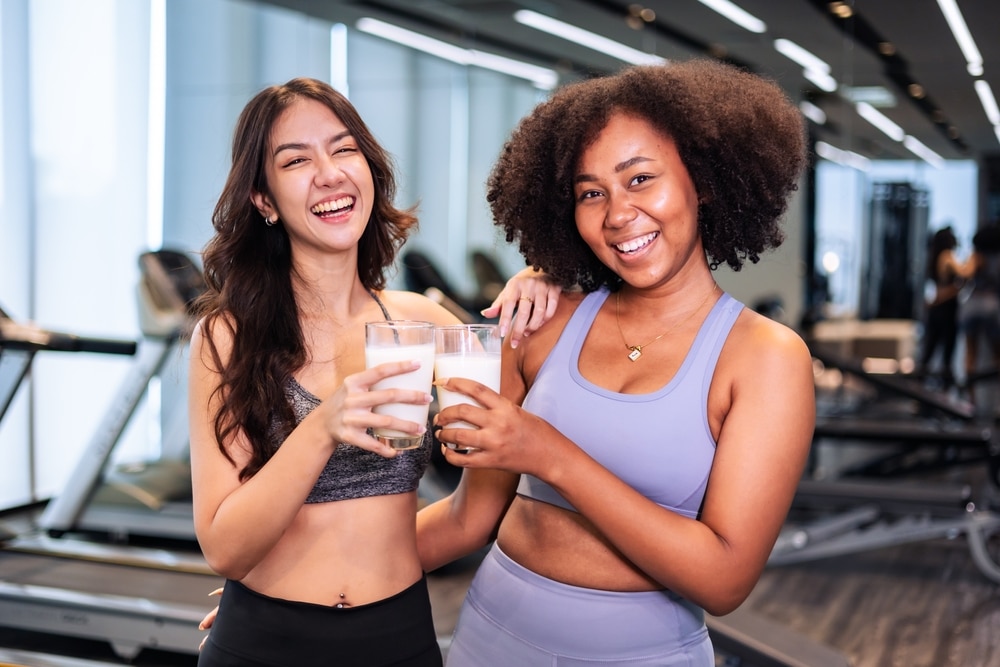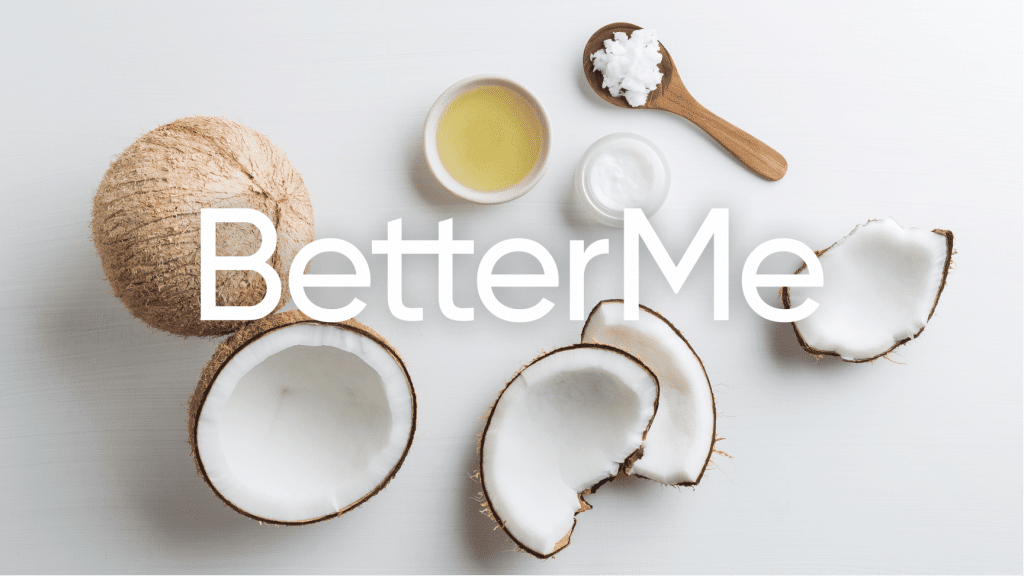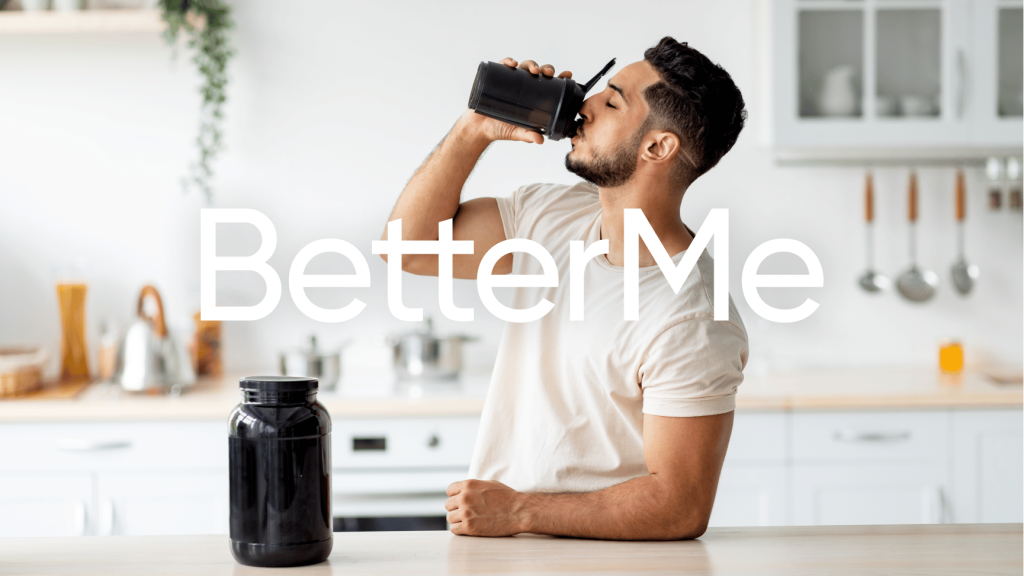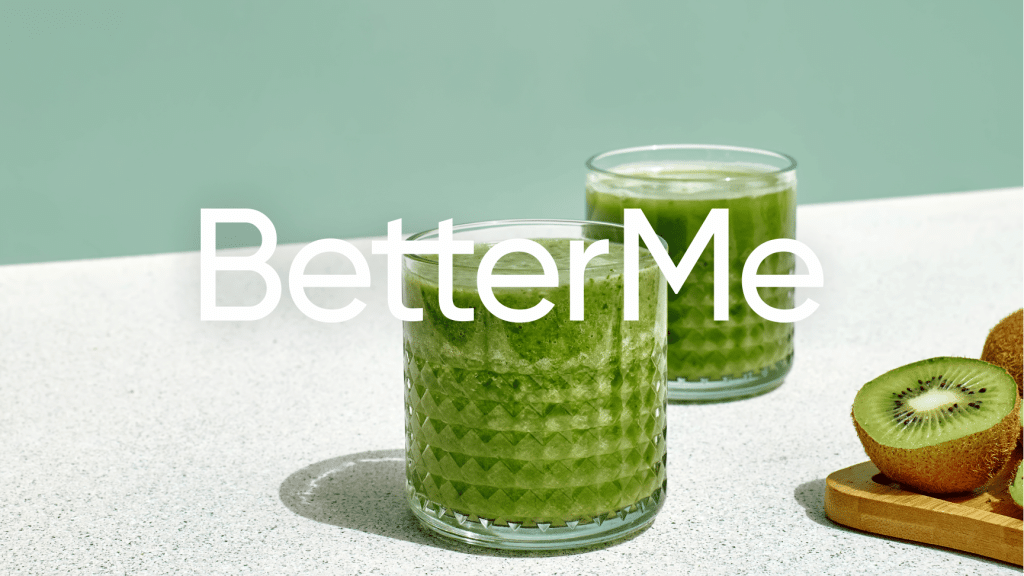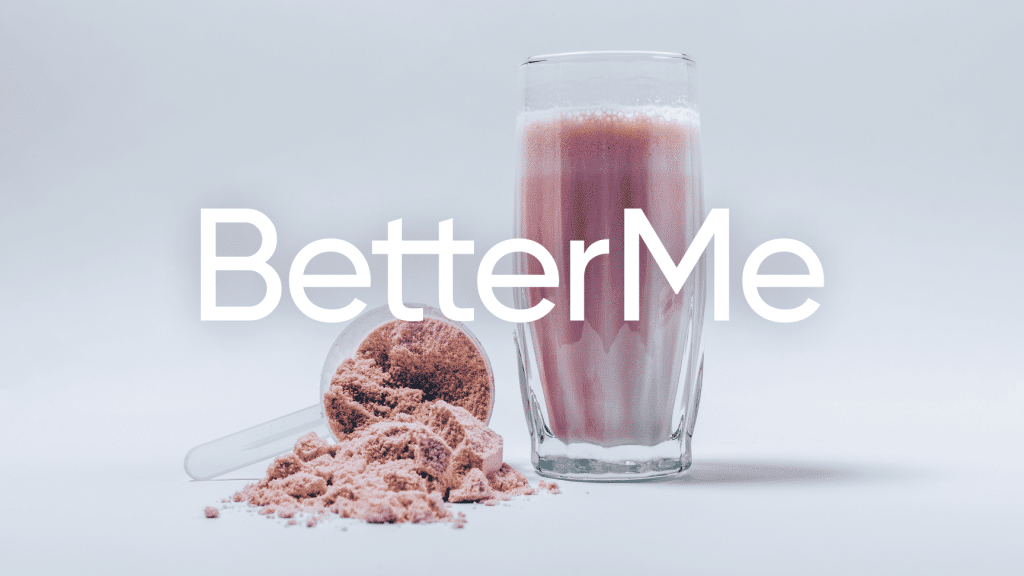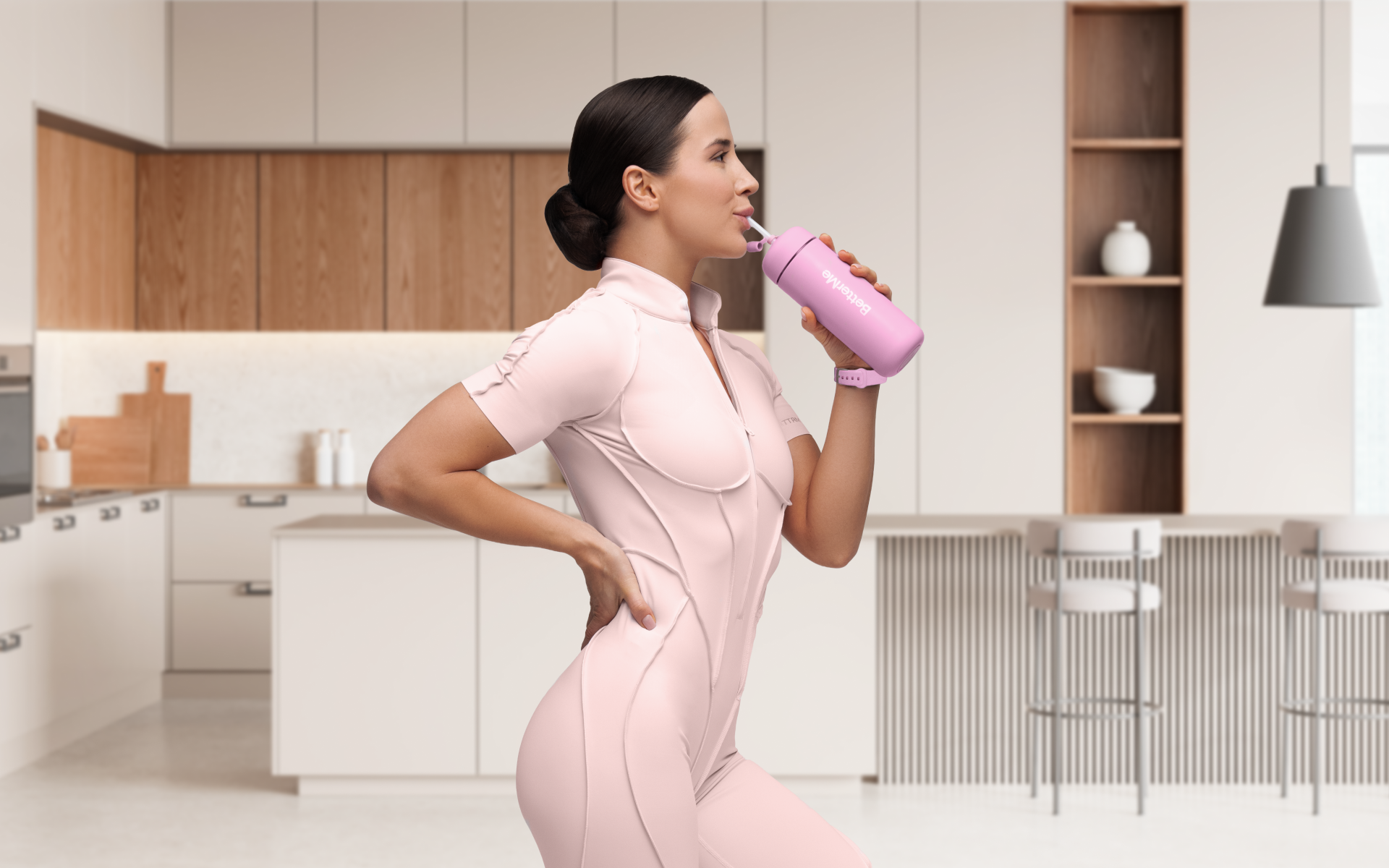Proper hydration during and after exercise serves multiple purposes: it helps replenish fluids lost through sweat, regulates body temperature, and helps promote proper muscle recovery (11). While water is often the best choice for post-workout hydration, there are other more drinks that can help provide added electrolytes and nutrients needed to refuel muscles and restore energy levels.
Before you settle on a recovery drink, you must consider what’s in it. Some are arguably better than others, depending on what you are trying to accomplish. For instance, a sports drink containing electrolytes and carbohydrates may be beneficial after an intense workout, while a smoothie or shake with added protein might be more beneficial after strength training.
Below, we discuss 9 popular post-workout drinks to consider, along with their benefits and drawbacks.
1. Water
Plain old H2O — the only requirement is for it to be clean, safe, and free of contaminants.
Benefits:
Water is the most basic and readily available of all post-workout drinks. It’s free from added sugars, calories, and other potentially harmful ingredients found in many sports drinks. Plus, it’s the cheapest recovery drink of all.
Research shows that drinking cold water can help reduce the rise in the body’s core temperature during exercise, which helps prevent dehydration and heat stroke (20). This is ideal when you’re working out in hot weather or doing intense exercise.
Other benefits of water include improved kidney function, increased muscle strength and power output, better cognitive performance, and decreased fatigue (21).
The recommended amount to drink on a daily basis is at least 8-10 glasses of water, depending on your physical activity level.
Assuming you’re drinking this amount throughout the day, there’s no need to chug a gallon of water after your workout. Instead, honor your body’s thirst cues and drink more water when you are thirsty.
Drawbacks:
While water has its benefits, it may not be the most nutrient rich post-workout drink when compared to some other options. It may not contain enough electrolytes to replace what was lost through sweat, especially after an intense workout.
Some people may also not like the taste of plain water, leading them to turn to beverages with added flavorings. This is when it’s important to read labels and be mindful of added sugars, calories, and artificial ingredients.
If you don’t like the taste of plain water, try adding fresh fruit slices or herbs, such as mint or basil. You can also try sparkling water if you prefer the fizz.
Read More: The Top Benefits And Drawbacks Of Drinking Coffee After Workout
2. Coconut Water
The clear liquid naturally found inside young, green coconuts is called coconut water. Thankfully, you don’t have to live in the tropics to find it. You can buy ready-to-drink coconut water in cans or tetra packs.
Benefits:
Hydration is the most obvious benefit of coconut water for athletes. It contains electrolytes, including magnesium, calcium, potassium, and sodium that help the body to rehydrate after a workout or competition (8).
In addition to its hydration benefits, coconut water is also a great source of natural carbohydrates, providing athletes with an easily absorbable source of energy.
After a strenuous workout, athletes can benefit from drinking coconut water as it helps to replenish their energy stores and aids in recovery (8).
Coconut water is also rich in antioxidants, which can help protect athletes from the oxidative damage caused by physical activity (12). Antioxidants help reduce inflammation in the body and prevent cell damage, which may result in improved performance and quicker recovery times (13).
Finally, coconut water is an excellent source of lauric acid. This essential fatty acid may help build muscle and support metabolism (15). It is also said to help reduce post-workout fatigue and muscle soreness, which is essential for athletes who want to stay active and perform at their best.
Drawbacks:
While coconut water has many benefits, it can also be high in sugar. A 12-ounce serving typically contains about 68 calories and about 9 grams of sugar (5). The high sugar content can be an issue for athletes wanting to stay within certain calorie and macronutrient goals.
3. Chocolate Milk
This is a delicious beverage made with real milk and cocoa. It’s widely available in supermarkets, convenience stores, and fast-food restaurants. You can also make this drink on your own by blending together real milk, cocoa powder, and a sweetener of your choice.
Benefits:
Chocolate milk is an ideal post-workout drink, as it can help replenish glycogen stores and support muscle recovery. It’s high in calcium, vitamin D, magnesium, and other essential nutrients that support muscle growth and repair. It’s also a good source of quality protein, which is important for rebuilding muscle tissue after a workout (9).
It also contains carbohydrates and electrolytes, which can help replenish energy stores and boost hydration levels. Additionally, studies have shown that it may reduce indices of muscle damage (7).
Drawbacks:
This drink has the potential to be high in sugar, fat, and calories. If you buy it at a store or restaurant, be sure to check the label for added sugars and extra ingredients.
It’s best to opt for low added-sugar, low-fat varieties or make your own with real cocoa powder and a healthier sweetener like coconut sugar.
It’s also important to keep in mind that chocolate milk is high in lactose, so it may not be the best choice for those who are lactose intolerant.
BetterMe app is a foolproof way to go from zero to a weight loss hero in a safe and sustainable way! What are you waiting for? Start transforming your body now!
4. Unsweetened Decaf Tea
Tea is a beverage made from the leaves of the Camellia sinensis plant. It has caffeine or decaffeinated varieties and can be served hot or cold. We recommend green and black teas for post-workout recovery.
Benefits:
Caffeine is a diuretic, meaning it can cause your body to lose water (4). That’s why unsweetened decaf tea is the ideal post-workout drink for most athletes, as it hydrates without overloading on caffeine.
Like other types of tea, unsweetened decaf tea is a great source of antioxidants and phytochemicals, which may help reduce inflammation and fatigue. It also contains polyphenols, which can support heart health and metabolism (2).
Drawbacks:
Store-bought decaffeinated teas often contain added sugar and other unhealthy ingredients, so it’s important to check the label. Making your own tea with loose-leaf tea and pure water is the best way to ensure that you’re getting a healthy, natural product.
Additionally, some people may find the taste of green or black tea unpalatable, so they may opt for other post-workout drinks instead.
5. Tart-Cherry Juice
Tart cherry juice is made from tart cherries, a variety of Prunus cerasus. It’s a popular post-workout beverage due to its high content of antioxidants and anti-inflammatory compounds. Stores also sell tart cherry juice concentrate, which can be easily added to water or other beverages.
Benefits:
Tart cherry juice is a great post-workout drink due to its natural anti-inflammatory agents and antioxidants, which may help reduce muscle soreness and fatigue (3). It’s also a good source of electrolytes and carbohydrates, which can help replenish energy stores after a workout.
Several studies have found that it can reduce oxidative stress on the body after exercise (19). This can help to reduce cellular damage and may promote faster recovery times.
Drawbacks:
It can cause stomach issues if consumed in excess. That’s because it’s high in a type of sugar alcohol called sorbitol, which can upset the stomach (6). Additionally, tart cherry juice concentrate is often made with added sugars, so make sure to check the label before purchasing.
This juice may interact with certain medications, so be sure to consult your doctor if you’re taking any medications (18). Finally, it can be expensive because of its limited availability and production costs.
Read More: 8 Low-Carb And Keto Hot Drinks For When It’s Cold Outside
6. Sports Drinks
These are beverages created to rehydrate and replenish electrolytes lost during exercise. They contain a combination of water, carbohydrates, electrolytes, and sometimes flavoring.
Benefits:
Sports drinks can be beneficial post-workout because they contain electrolytes, which may help reduce muscle cramping and fatigue. They also provide carbohydrates for energy and can be a good source of hydration (17).
Drawbacks:
Sports drinks are typically high in added sugar and calories, so they may not be the best choice for those trying to lose weight or stay on a low-sugar diet. They may not be the most beneficial post-workout drink as well, since they may not contain the same levels of antioxidants and other beneficial compounds found in natural beverages like tea or tart cherry juice.
Additionally, some sports drinks may have artificial ingredients or other additives, so it’s important to read the label before consuming.
7. Smoothies
Smoothies are blended beverages made with fresh fruits, vegetables, and other ingredients like yogurt or nut butter. They can be made quickly and easily at home, or you can purchase an already-made drink from a store.
Benefits:
Smoothies are packed with a powerful nutritional punch, as they can contain antioxidants, protein, vitamins, minerals, and other nutrients that can help with post-workout recovery.
Additionally, this drink can be customized to fit specific dietary needs and preferences. For example, those trying to lose weight may opt for a lower-calorie smoothie, or those looking for a post-workout energy boost may choose one with added carbohydrates.
Drawbacks:
Depending on the ingredients used, some smoothies may be high in sugar or calories, which can be counterproductive for those trying to lose weight. Some store-bought smoothies may contain added sugars or artificial ingredients, so be sure to read the label before purchasing.
8. Vegetable Juice
Vegetable juice is a beverage made by juicing fresh vegetables, such as carrots, kale, spinach, and beets. Adding herbs, sweeteners, and other ingredients can provide flavor and additional nutrition.
Benefits:
Vegetable juice is packed with antioxidants, minerals, vitamins, and other nutrients that can benefit post-workout recovery. It also has a high water content, which makes it an excellent source of hydration (10).
Drawbacks:
This juice is typically low in protein, so it may not be the best recovery drink for athletes and other active individuals who need a lot of extra protein to repair muscle tissue.
Stripping away the fiber during juicing can also reduce the amount of nutrients in the juice, so consuming whole vegetables may be a better option for some people (14).
Intense sweat sessions, working weight loss tips, lip-smacking recipes come in one package with the BetterMe app. And all of it is at your fingertips, start transforming your life now!
9. Non-Alcoholic Beer
A nonalcoholic beer is an alcohol-free alternative to regular beer that provides the same flavor and carbonation without the negative effects of alcohol.
Benefits:
It contains some carbohydrates, which can provide a quick source of energy. It also has a high water content, which may help rehydrate and replenish electrolytes lost during exercise. Brands with added sodium have been shown to replace electrolytes effectively.
One study found that drinking nonalcoholic beer for a few weeks before and after a marathon reduced post-race inflammation and the incidence of upper respiratory infections in athletes (16).
Drawbacks:
Non-alcoholic beer has a high-calorie content and contains very little protein, so it may not be the best option for those looking for a protein-rich recovery drink. Additionally, some brands of nonalcoholic beer may contain added sugar, so it’s important to read the label before purchasing.
Lastly, too much alcohol is proven to suppress muscle protein synthesis, so you might want to limit your intake especially if you don’t go for the nonalcoholic variety (1).
The Bottom Line
Post-workout hydration is an important yet often overlooked part of any fitness routine. The best post-workout drink depends on the individual’s needs, goals, and dietary preferences.
Options like water, coconut water, chocolate milk, unsweetened decaf tea, tart cherry juice, sports drinks, smoothies, vegetable juice, and nonalcoholic beer can all provide a range of benefits and help rehydrate, replenish electrolytes, and aid in post-workout recovery.
DISCLAIMER:
This article is intended for general informational purposes only and does not serve to address individual circumstances. It is not a substitute for professional advice or help and should not be relied on for making any kind of decision-making. Any action taken as a direct or indirect result of the information in this article is entirely at your own risk and is your sole responsibility.
BetterMe, its content staff, and its medical advisors accept no responsibility for inaccuracies, errors, misstatements, inconsistencies, or omissions and specifically disclaim any liability, loss or risk, personal, professional or otherwise, which may be incurred as a consequence, directly or indirectly, of the use and/or application of any content.
You should always seek the advice of your physician or other qualified health provider with any questions you may have regarding a medical condition or your specific situation. Never disregard professional medical advice or delay seeking it because of BetterMe content. If you suspect or think you may have a medical emergency, call your doctor.
SOURCES:
- Alcohol Ingestion Impairs Maximal Post-Exercise Rates of Myofibrillar Protein Synthesis following a Single Bout of Concurrent Training (2014, journals.plos.org)
- Beneficial effects of green tea: A literature review (2010, biomedcentral.com)
- Broad Spectrum Polyphenol Supplementation from Tart Cherry Extract on Markers of Recovery from Intense Resistance Exercise (2021, biomedcentral.com)
- Caffeine ingestion and fluid balance: a review (2003, pubmed.ncbi.nlm.nih.gov)
- Calories in 12 Fl Oz Coconut Water (n.d., nutritionix.com)
- Chemical Composition of 21 Cultivars of Sour Cherry (Prunus cerasus) Fruit Cultivated in Poland (2020, mdpi.com)
- Chocolate milk: a post-exercise recovery beverage for endurance sports (2019, pubmed.ncbi.nlm.nih.gov)
- Comparison of coconut water and a carbohydrate-electrolyte sport drink on measures of hydration and physical performance in exercise-trained men (2012, biomedcentral.com)
- Effects of chocolate milk consumption on markers of muscle recovery following soccer training: a randomized cross-over study (2022, tandfonline.com)
- Health Benefits of Fruits and Vegetables (2012, sciencedirect.com)
- Hydration to Maximize Performance and Recovery: Knowledge, Attitudes, and Behaviors Among Collegiate Track and Field Throwers (2021, ncbi.nlm.nih.gov)
- In vitro evaluation of antioxidant properties of Cocos nucifera Linn. water (2003, pubmed.ncbi.nlm.nih.gov)
- Inflammation and Immune Function (2005, ncbi.nlm.nih.gov)
- Intake of whole apples or clear apple juice has contrasting effects on plasma lipids in healthy volunteers (2013, pubmed.ncbi.nlm.nih.gov)
- Lauric Acid Accelerates Glycolytic Muscle Fiber Formation through TLR4 Signaling (2018, pubmed.ncbi.nlm.nih.gov)
- Nonalcoholic beer reduces inflammation and incidence of respiratory tract illness (2014, pubmed.ncbi.nlm.nih.gov)
- Role of Functional Beverages on Sport Performance and Recovery (2018, mdpi.com)
- Safety Aspects of the Use of Quercetin as a Dietary Supplement (2018, pubmed.ncbi.nlm.nih.gov)
- Tart Cherry Juice in Athletes: A Literature Review and Commentary (2017, journals.lww.com)
- The effect of a cold beverage during an exercise session combining both strength and energy systems development training on core temperature and markers of performance (2022, tandfonline.com)
- Water, hydration, and health (2010, academic.oup.com)
